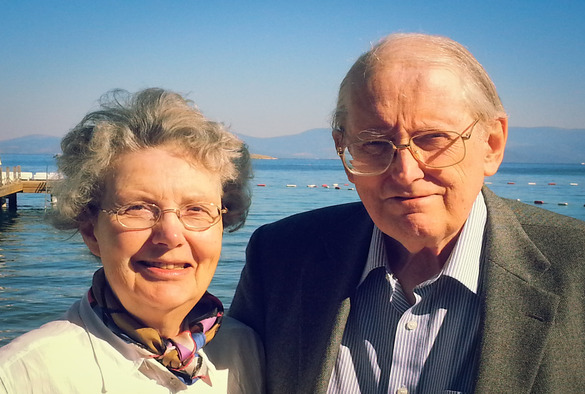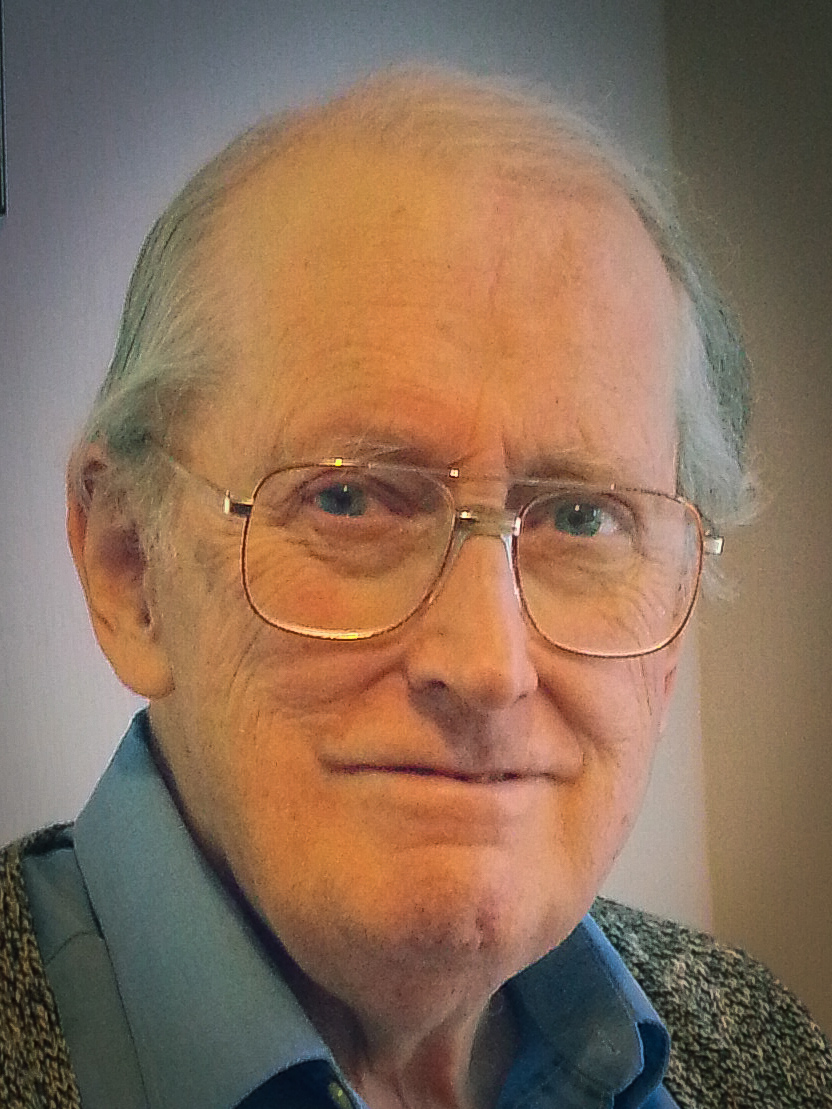
Professor Priscilla and Dr Nigel Bawcutt
Written by Bernard Beatty, Senior Fellow in our Department of English.
Dr Nigel Bawcutt, who died recently, educated others for forty years and was himself educated as undergraduate and postgraduate by the Department of English at the University of Liverpool.
He knew the department inside out and was a personable and constructive presence within it both as teacher and scholar from 1956-1996, and as an honorary thereafter. At that time, English was taught in two separate and largely independent departments (Literature and Language) but they formed one School of English. When he joined the department it was very much associated with Kenneth Muir, and Kenneth and Miriam Allott, with whom he was good friends.
Nigel was, first and foremost, a remarkably engaged and able scholar of a traditional kind. The results of this were most evident in a string of scrupulously edited plays (Shakespeare, Marlowe, Ford, Middleton) and many articles on heterogeneous subjects (including Macchiavelli, Caroline Drama and censorship). ‘Heterogeneous’ suggests waywardness but this is not the case. Nigel’s scholarship centred in sixteenth and seventeenth century drama and literature from Milton to Johnson. Those were his chosen spheres and he relished them but he liked poking about in little examined areas, unearthing or re-examining material locked up in various boxes in various libraries which no one had much bothered with. He did not mind if this did not always produce anything of interest. The important thing is that it might do so and not infrequently did. He discovered, for example, early references to Shakespeare which had not been noted.
Nigel was, in his own way, a passionate scholar. He was also an amiable colleague, a dedicated teacher with a sharp mind, clear opinions, wide knowledge, but also a winning modesty and complete lack of pretentiousness. He was supported by his wife, Priscilla, who was an honorary professor with us, until her death two years ago. I had the room next to his for many years. I shall miss his quiet substantial presence.

Dr Nigel Bawcutt